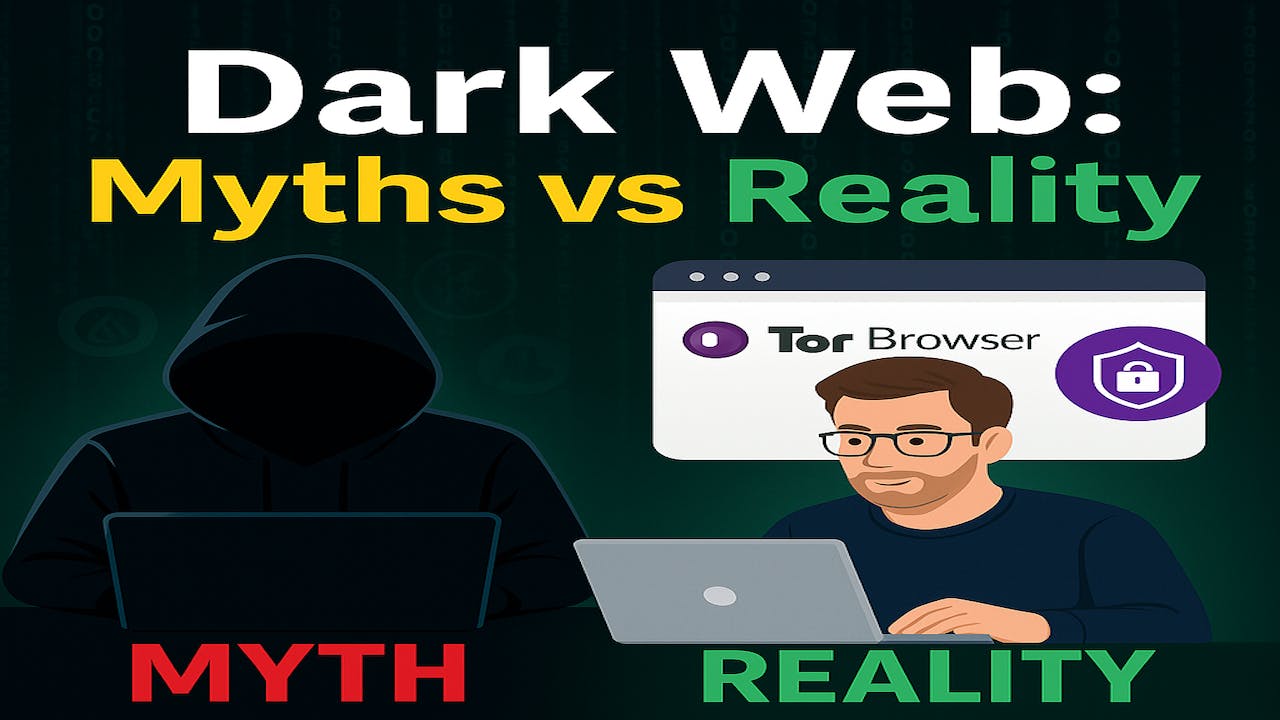(Credit: Michael Justin Allen Sexton)
AMD Ryzen 9 9950X3D
4.5
Outstanding
Rating Details
- 5.0 – Exemplary: Near perfection, ground-breaking
- 4.5 – Outstanding: Best in class, acts as a benchmark for measuring competitors
- 4.0 – Excellent: A performance, feature, or value leader in its class, with few shortfalls
- 3.5 – Good: Does what the product should do, and does so better than many competitors
- 3.0 – Average: Does what the product should do, and sits in the middle of the pack
- 2.5 – Fair: We have some reservations, buy with caution
- 2.0 – Subpar: We do not recommend, buy with extreme caution
- 1.5 – Poor: Do not buy this product
- 1.0 – Dismal: Don’t even think about buying this product
Read about our
mission
and
testing methodology.
I was critical of AMD’s earlier 3D V-Cache processors, while many others have viewed them more favorably. They’ve been fast processors, no doubt, but pricey relative to their non V-Cache-equipped equivalents and worth the extra spend only in a subset of gaming circumstances. With the AMD Ryzen 9 9950X3D, however, AMD got it right with a chip well worth considering for almost anyone in the market for a high-end gaming CPU.
You’ll find several reasons why the Ryzen 9 9950X3D is markedly different from earlier V-Cache efforts. The first few CPUs to feature 3D V-Cache technology were clocked lower than their non-3D V-Cache counterparts while costing significantly more at the same time. Those processors may have provided a performance boost in games under similar circumstances as the 9950X3D, but it came at the cost of lower general CPU performance and a steeper price.
The performance boost these processors bring can be quite substantial at times, but I pointed out the limited conditions under which you likely would see this performance boost. Not everyone will buy the fastest graphics card available, and that performance boost will only get smaller with any other graphics card. Unless you can buy GPU-high, it has typically been a better decision to purchase a more affordable non-3D V-Cache processor, using the additional funds to buy the fastest graphics card you can.

(Credit: Michael Justin Allen Sexton)
As a gamer, I play at 4K with high graphics settings, so I see that being able to run games better in that situation is the key reason to upgrade my PC. For me, avoiding playing games at low resolutions and with low graphics settings is the entire point of wanting to own a fast PC. This, along with the other reasons I have listed, is why I have viewed the performance boost that 3D V-Cache processors provide as not particularly alluring. (Some esports enthusiasts, though, will strongly disagree, and that’s fair.)
This scenario isn’t the same with the Ryzen 9 9950X3D, though. Sure, it delivers a potent performance bump over the 9950X only in games at lower resolutions and lower graphics settings, but you don’t lose performance anywhere else in recompense. Instead, you gain a little performance in select non-gaming tests and don’t have to pay substantially more for these benefits. The Ryzen 9 9950X3D, costing just slightly more than the Ryzen 9 9950X, makes an outsize difference, taken as a whole.
Mind you, the Ryzen 9 9950X itself is still well worth considering and is far from a slouch. But for $50 more, I’d likely opt for the Ryzen 9 9950X3D, our newest Editors’ Choice winner for gaming processors.
SHOULD I UPGRADE?
If you are running an AMD Ryzen 7 5800X3D or any other Ryzen 5000-series or older processor, you may want to consider upgrading to the Ryzen 9 9950X3D. (Of course, you’ll have to upgrade to an AM5 motherboard, too.) The performance increase from the newer architecture and the additional 3D V-Cache make the Ryzen 9 9950X3D a substantially faster processor than anything in the Ryzen 5000 series. You may want to wait longer to upgrade if you have a 12th or 13th Gen Intel processor, but you should seriously consider upgrading if you use anything older for gaming and are discriminating about maxing out your frame rates with a good GPU.









